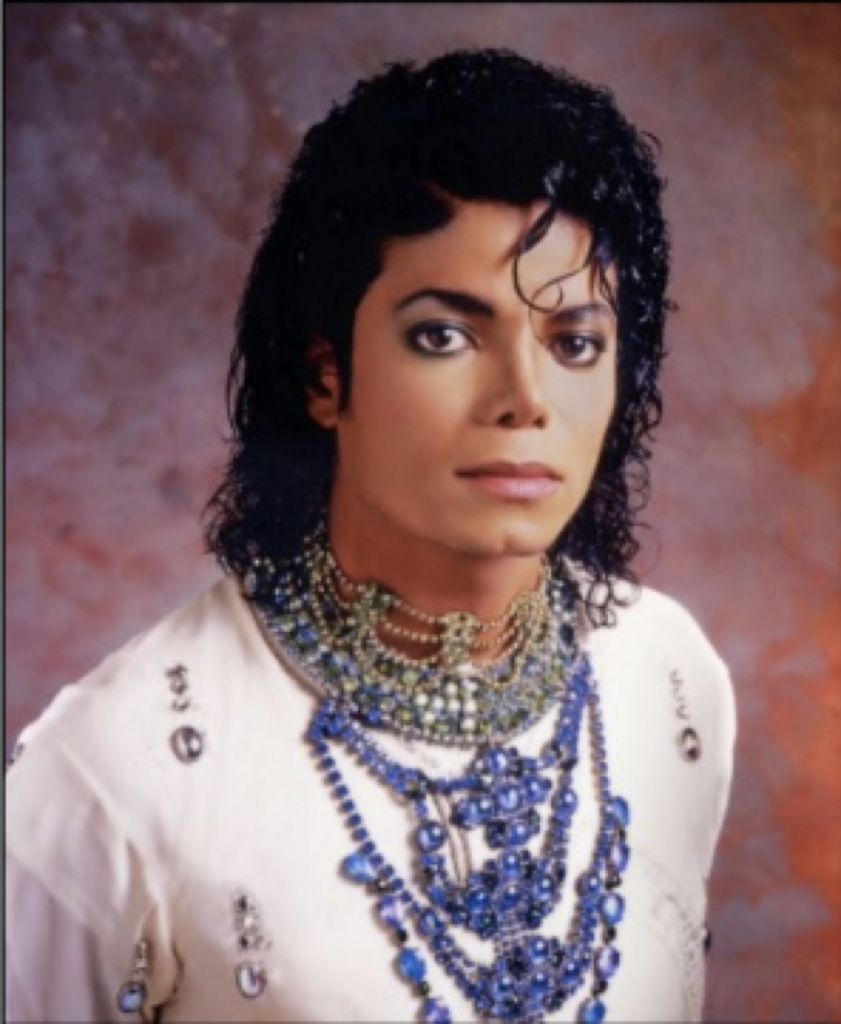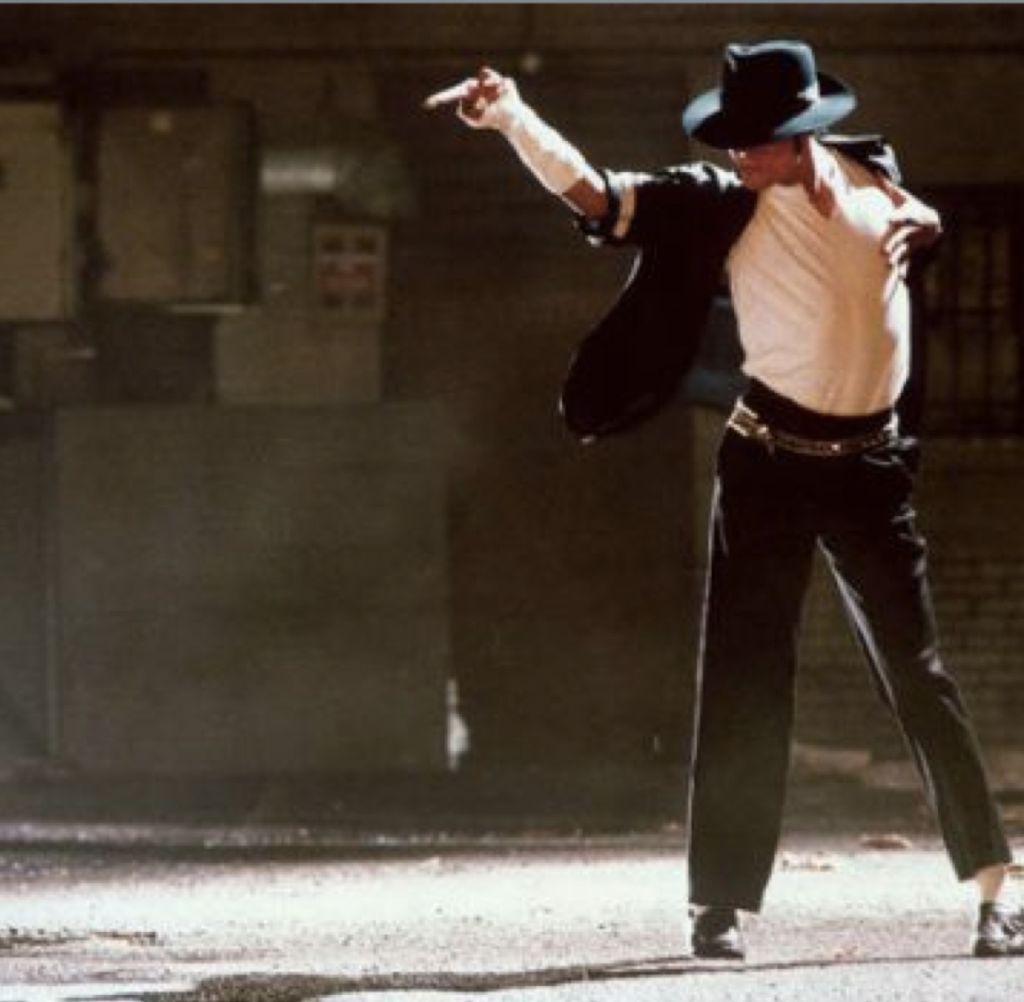Black History of Health: Michael Jackson


MJ. The King of Pop. The pop music legend. Micheal Jackson. Most of us know that Michael Jackson is the King of Pop, the youngest of his brothers in the Jackson 5, and the most-awarded artist of all time. He won more awards than any other musician alive or deceased. He’s received 23 Guinness World Records, 40 Billboard Awards, 13 Grammys, and 26 American Music Awards.
While most of us are aware of his musical legacy, it wasn’t common knowledge that Jackson lived with lupus, a disease in which the body comes under attack from its own immune system. The result is inflammation, pain, and damage to certain tissues of the body.

Hints of how Jackson dealt with such a condition can be found in his personal style choices, from the surgical mask he occasionally donned to his signature white glove.
RELATED: Michael Jackson: His Secret Legacy Of Giving No One Knew About
What is Lupus?
Lupus is an autoimmune disease. Your body’s immune system is like an army with hundreds of soldiers. The immune system’s job is to fight foreign substances in the body, like germs and viruses. But in autoimmune diseases, the immune system is out of control. It attacks healthy tissues, not germs. You can’t catch lupus from another person. It isn’t cancer, and it isn’t related to AIDS. The majority of lupus cases occur in women, and Black American women are more likely to have lupus than Caucasian women.
Lupus is a disease that can affect many parts of the body. Everyone reacts differently. One person with lupus may have swollen knees and a fever. Another person may be tired all the time or have kidney trouble. Someone else may have rashes. Lupus can involve the joints, the skin, the kidneys, the lungs, the heart, and/ or the brain. If you have lupus, it may affect two or three parts of your body. Usually, one person doesn’t have all the possible symptoms.
There are three main types of lupus:
- Systemic lupus erythematosus (eh-RITH-eh-muh-TOE-sus) is the most common form. It’s sometimes called SLE, or just lupus. The word “systemic” means that the disease can involve many parts of the body such as the heart, lungs, kidneys, and brain. SLE symptoms can be mild or serious.
- Discoid lupus erythematosus mainly affects the skin. A red rash may appear, or the skin on the face, scalp, or elsewhere may change color.
- Drug-induced lupus is triggered by a few medicines. It’s like SLE, but symptoms are usually milder. Most of the time, the disease goes away when the medicine is stopped. More men develop drug-induced lupus because the drugs that cause it, hydralazine and procainamide, are used to treat heart conditions that are more common in men.
Signs you may be living with Lupus
Like any disease, the key to lupus is being able to control and manage it, but first, you have to be able to recognize its symptoms. Read on to find out what they are:
1. Joint pain
Experiencing two or more swollen, red, warm, and/or tender-to-the-touch joints for at least six weeks is usually one of the first signs of lupus.
2. Sudden, unexplained hair loss
Perhaps one of the most common symptoms of lupus is hair loss.
Some people lose their hair in clumps, but more often than not, the hair loss tends to be slow and gradual. You might notice




